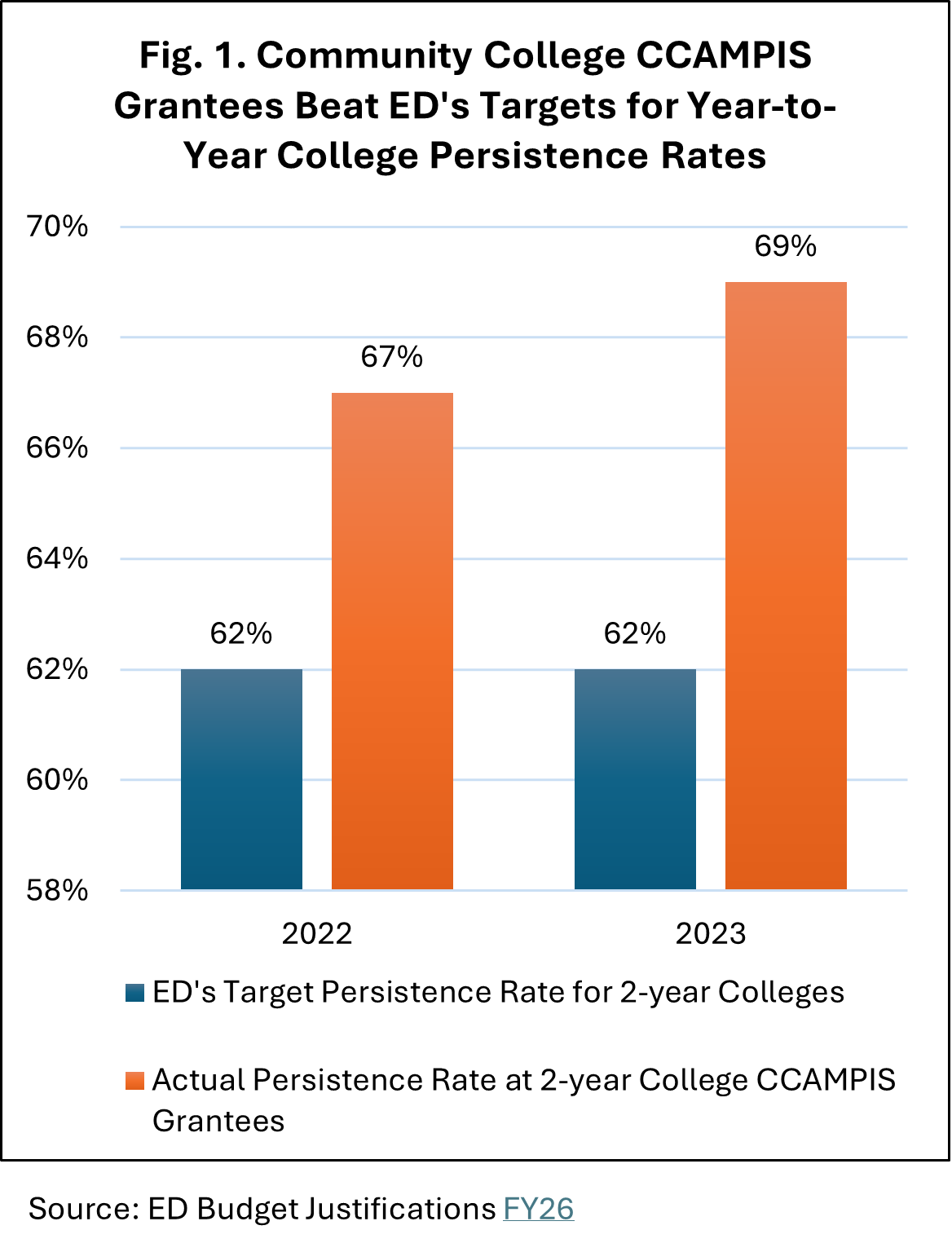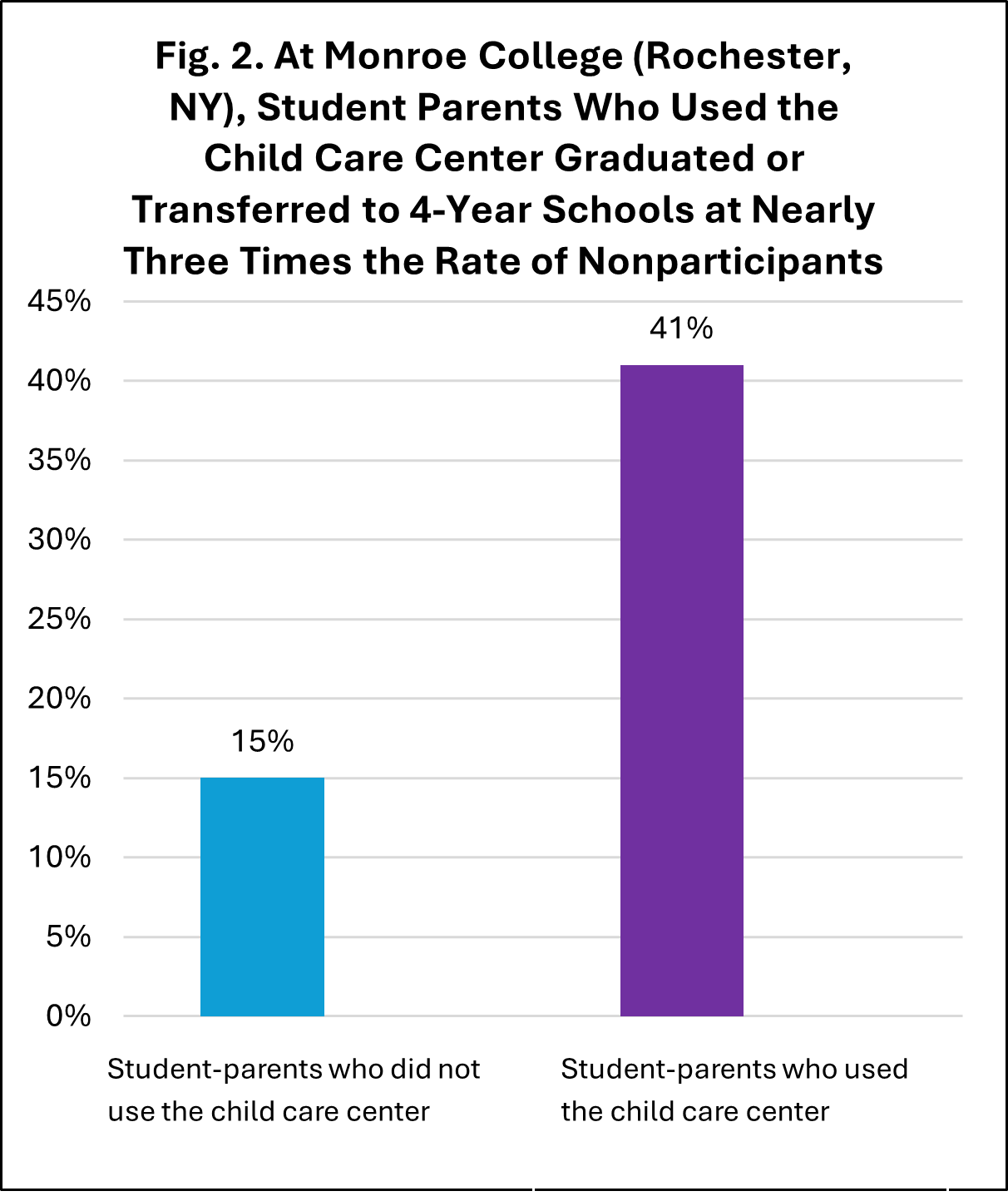Click Here to Support CCAMPIS
The Child Care Access Means Parents in School (CCAMPIS) program was enacted with the Higher Education Amendments of 1998. This program aims to provide low-income Pell Grant-eligible student parents with affordable and accessible child care, which has been linked to student success and degree and program completion. While this program has long enjoyed bipartisan support, during the second Trump administration and during the first session of the 119th Congress, arguments have been made by the Department of Education and by House appropriators in the majority that CCAMPIS has duplicate functions as other child care federal programs, such as Head Start and the Child Care and Development Block Grant. The reality is that CCAMPIS provides a unique model of child care for student parents as it is compatible with their academic schedules, with program recipients offering on-campus childcare or connecting student parents with local child care.
Although CCAMPIS is able to serve over 4,000 student parents, this only amounts to 1 in 1,000 parenting students served by the program, indicating that limited federal funding leaves a wide gap to fill and reach the over 4 million student parents in the United States. For additional perspective, only 36 percent of two-year institutions are able to provide on-campus childcare.
Nonetheless, as the two figures below indicate, CCAMPIS is a critical program for student-parent success.
Resources
- Background: Child Care Access Means Parents in School (CCAMPIS) Helping Community College Student-Parents, Kids, and Our Economy
- Case Study: Child Care Access Means Parents in Schools (CCAMPIS) at Community Colleges - a Two-Generation Approach to Student Success: North Central Michigan College
- Case Study: Child Care Access Means Parents in Schools (CCAMPIS) at Community Colleges - a Two-Generation Approach to Student Success: Borough of Manhattan Community College

